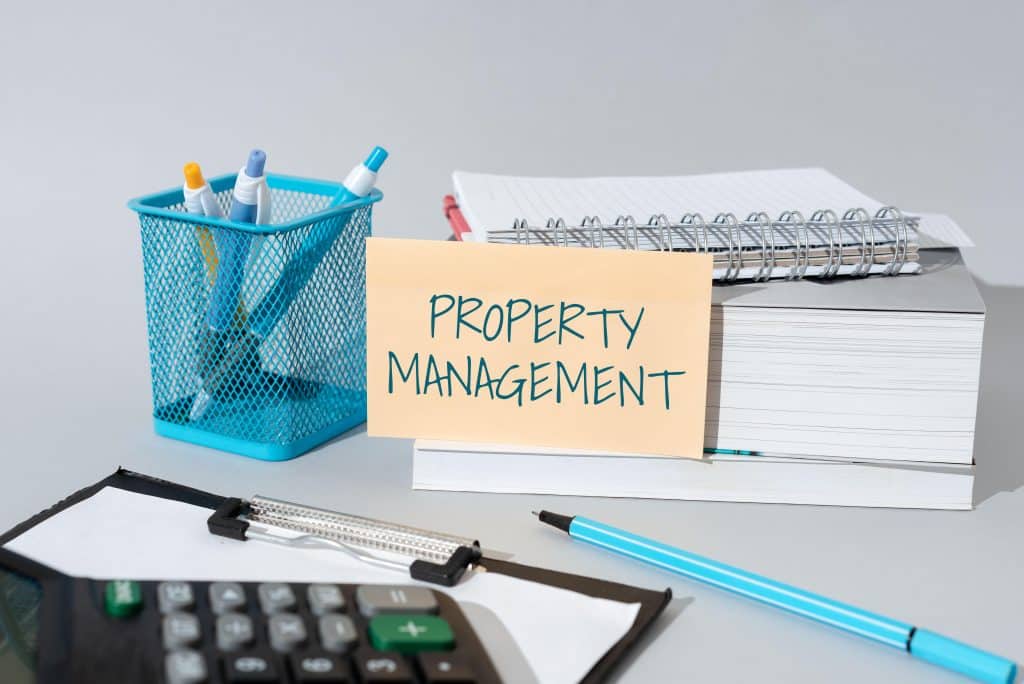
Investing in property is one of the most popular and rewarding long term wealth strategies in Australia. Whether you are a seasoned investor or a first time landlord, selecting the right property manager is critical to the success and performance of your investment property.
While buying an investment property might be the first step in building a portfolio, the ongoing management of that asset determines its profitability, condition and value over time. Poor management can cost you thousands in lost rent, damage and missed opportunities – whereas a great property manager can help maximise rental return, maintain your property to a high standard and ensure peace of mind.
So, how do you find the right property management service? And what should you look for when selecting a property manager in Australia?
Why Professional Property Management Matters
When you own a rental property, it’s not just about finding tenants and collecting rent. A qualified property manager takes care of a wide range of responsibilities, including:
- Marketing your property to attract quality tenants
- Screening and vetting tenant applications
- Coordinating lease agreements and renewals
- Conducting routine property inspections
- Managing maintenance and repair requests
- Ensuring compliance with legislation
- Handling rental arrears and disputes
- Providing financial statements and rent reviews
All of these tasks require knowledge, organisation and experience. A well managed investment ensures your property is maintained to a high standard, tenants are satisfied and long term and your return on investment is maximised.
What to Look for When Engaging a Property Manager
1. Experience and Local Knowledge
Choose a property manager with strong experience in the local rental market. They should have in-depth knowledge of your suburb, know current rental trends, vacancy rates and tenant expectations.
If your investment property is in Melbourne, for example, hiring a Melbourne property manager who understands the nuances of the city’s inner and outer suburbs is essential. Local knowledge helps set the right rental price, market the property effectively and attract suitable tenants.
2. Transparent Communication and Reporting
Clear, timely communication is essential. Ask how often the property manager will provide updates or reports, how they handle tenant communication and how responsive they are to emails or phone calls.
A good property management company will offer online portals or regular reporting systems so you are never left in the dark.
3. Frequency of Property Inspections
One of the most critical questions to ask is: How often do you inspect my property?
Regular routine inspections (typically every 6 months) help catch potential issues early, ensure tenants are maintaining the home and reduce the risk of costly repairs later. Detailed inspection reports – including photos – are vital in documenting property condition and tracking wear and tear.
4. Maintenance and Repairs
A strong property manager will be proactive with maintenance. Preventative maintenance is far cheaper than reactive repairs – and helps preserve your asset’s value.
Ask what systems they use for logging and addressing maintenance requests, how they vet tradespeople and whether they obtain multiple quotes for large jobs. This shows they care about your property and your bottom line.
5. Fee Structure
While property management fees vary across Australia, you should always understand what’s included and what might attract additional charges. Common property management fees include:
- Management fee (a percentage of rent collected)
- Letting/leasing fee (for securing a tenant)
- Administration fees
- Tribunal representation fees
Remember: the cheapest property manager isn’t always the best. You want value, not just low cost.
Red Flags to Watch Out For
Not all property managers are created equal. Be cautious of:
- Poor or inconsistent communication
- Long response times to tenant or landlord requests
- Lack of transparency with financials or maintenance
- High staff turnover in the agency
- No regular inspections
- Inadequate tenant screening
Your property manager should be a trusted partner, not someone you are constantly chasing or questioning.
The Benefits of Working with a Great Property Manager
Investors who work with a reputable, proactive property management team enjoy a number of benefits:
- Reduced vacancy periods through better marketing and tenant management
- Higher rental returns through strategic pricing and rent reviews
- Increased asset longevity thanks to proactive maintenance
- Peace of mind knowing someone is handling everything professionally
- Legal compliance with the latest Residential Tenancies Act and updates
In short, good property management pays for itself – both in rental yield and in long term capital preservation.
Questions to Ask Before Hiring a Property Manager
When interviewing potential property managers, use this checklist:
- How many properties do you personally manage?
- What is your average time on market for a vacant property?
- How do you handle rental arrears?
- What’s your tenant screening process?
- How often do you conduct inspections?
- How do you manage maintenance requests?
- Do you offer detailed financial statements?
- Are you up to date with the latest rental laws and compliance?
- What property management software or tools do you use?
- Can I speak with some of your existing landlord clients?
Make the Right Choice from the Start
Choosing the right property management company is a decision that can impact your investment property’s performance for years to come. It’s a long term relationship – not just a transaction – and your property deserves the attention and care that a great property manager can provide.
Don’t rush into an agreement. Do your research, ask the right questions and look for an agency that aligns with your investment goals. After all, your property is likely one of your most valuable assets – and it should be managed as such.
By Lynda McNeill



